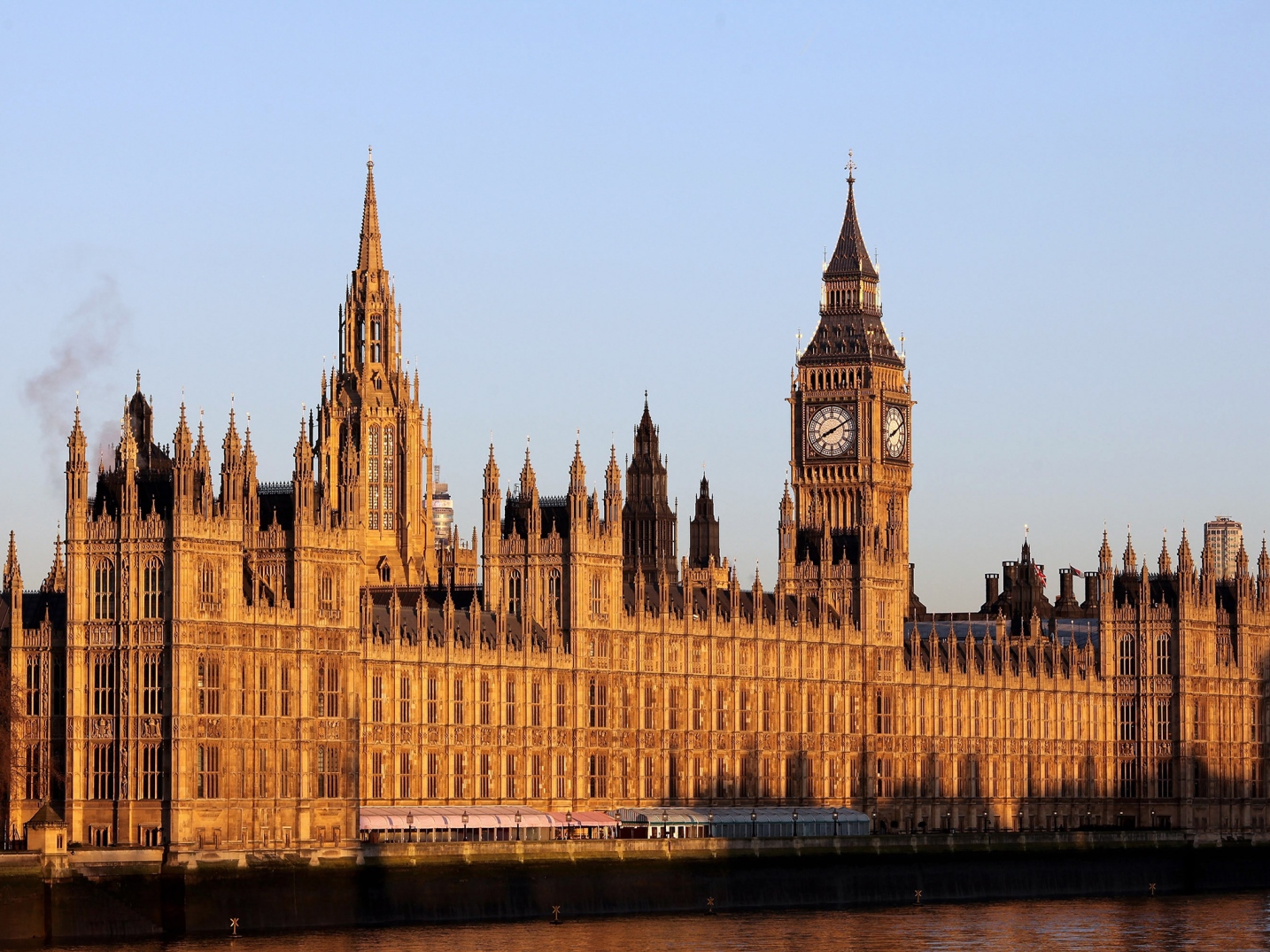
Yesterday MPs held a General Debate in the House of Commons on the Publication of the Integrated Review of Security, Defence, Development and Foreign Policy ahead of its publication, due to be next month.
ADS has previously set out how the Government’s Integrated Review (IR), and the associated Defence and Security Industrial Strategy (DSIS), could leverage the UK’s defence and security sectors to address current and future threats, and in turn, enhance national resilience and economic prosperity.
Ambitions for the IR
The motion was proposed by Tobias Ellwood MP, who is Chair of the Defence Select Committee. He pointed to the absence of a review having consequences, as ‘without confirming our international role’, including the UK’s interests and ambitions, the Ministry of Defence (MoD) cannot craft a ‘requisite defence posture’ and the defence industry cannot plan.
He also added that the UK needed to clarify its long-term strategy relating to nations such as China and Russia, and extremism. He believes that the IR must address the interference in the UK’s critical national infrastructure, including satellites, misinformation through social media and data theft.
Sarah Atherton, Conservative MP for Wrexham, wanted the IR to identify plans to modernise the defence sector to create skilled jobs and drive UK exports. She added that this would help facilitate the levelling-up agenda, an area that ADS has been championing with MPs. Like Mr Ellwood, she also highlighted the need for ‘certainty’ from the IR for the defence industry.
Importance of the UK Defence Industry
John Spellar, Labour MP for Warley, argued that the UK’s capabilities are undermined by the Government bypassing British manufacturers and buying defence platforms from abroad. He stated that the underpinning of our defence and security strategy must be resilience and that the Treasury “must learn from the COVID-19 pandemic that the cost of running down capacity is penny wise, pound foolish on an exponential scale”.
Deputy Chair of the Defence Growth Partnership, Philip Dunne MP, made an important contribution on the UK’s defence industrial base, stating that the IR must recognise the value of the defence sector with ‘sufficient resilience, innovation and sustainable capacity to supply our armed forces with the superior capability they need, now and in the future.’ He said that this would require ‘a careful combination of competition and collaboration with industry, providing greater visibility to contractors of potential defence capability requirements.’
He said that he would also look for ‘continued investment in innovation’ as part of the IR, as this would build confidence with ‘potential new suppliers who will come from the technology innovators of the wider commercial world beyond defence’, such as those in the digital, cyber and space domains.
Government Response
James Cleverly MP, the Minister for the Middle East and North Africa, set out the Government’s response and stated that the planned publication date for the IR was now March. He said that the review will ‘define the Government’s ambition for the UK’s role in the world, outline how the UK will be a problem-solving, burden-sharing country, and set a strong direction for the recovery from COVID-19 at home and overseas so that collectively we can build back better.’





